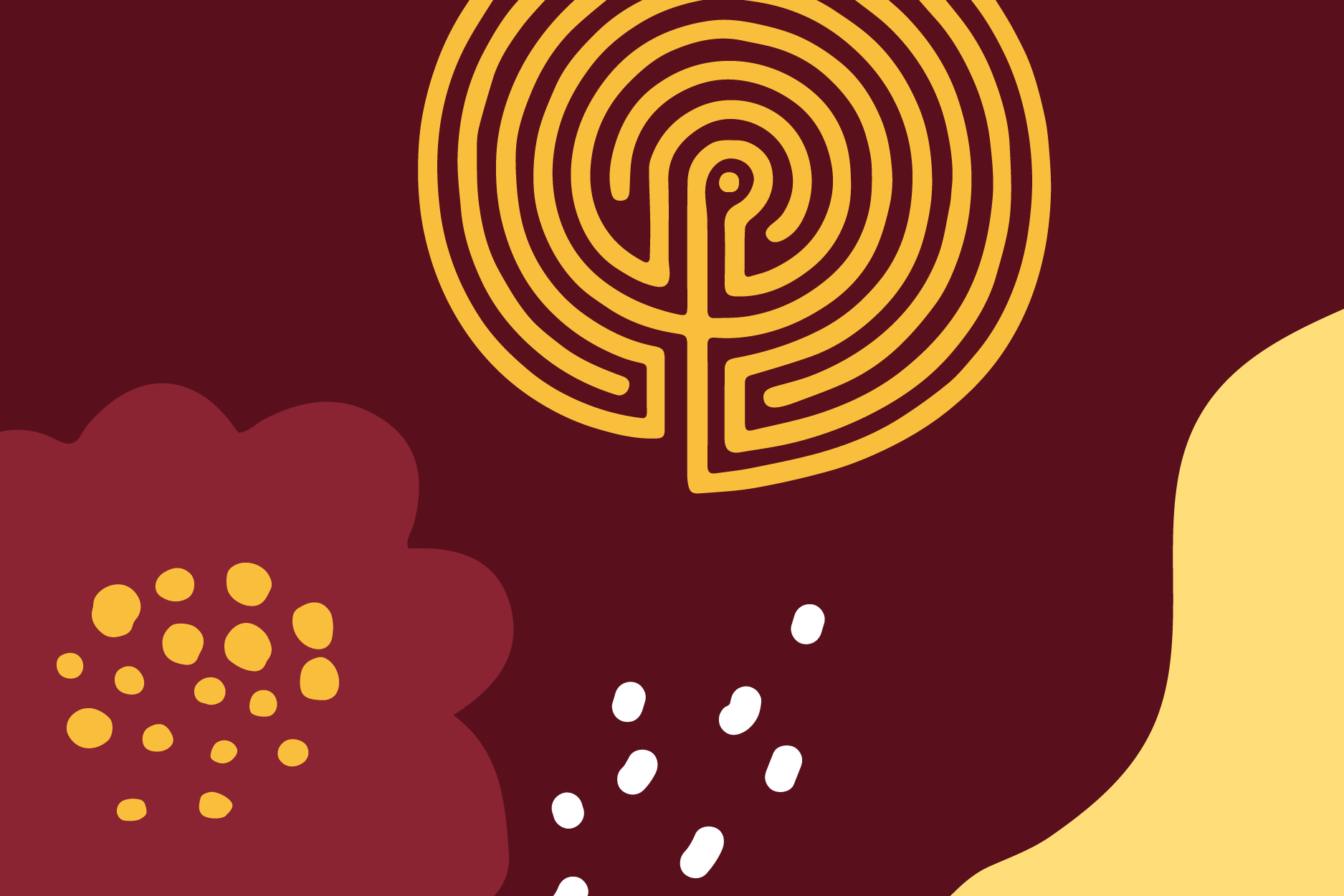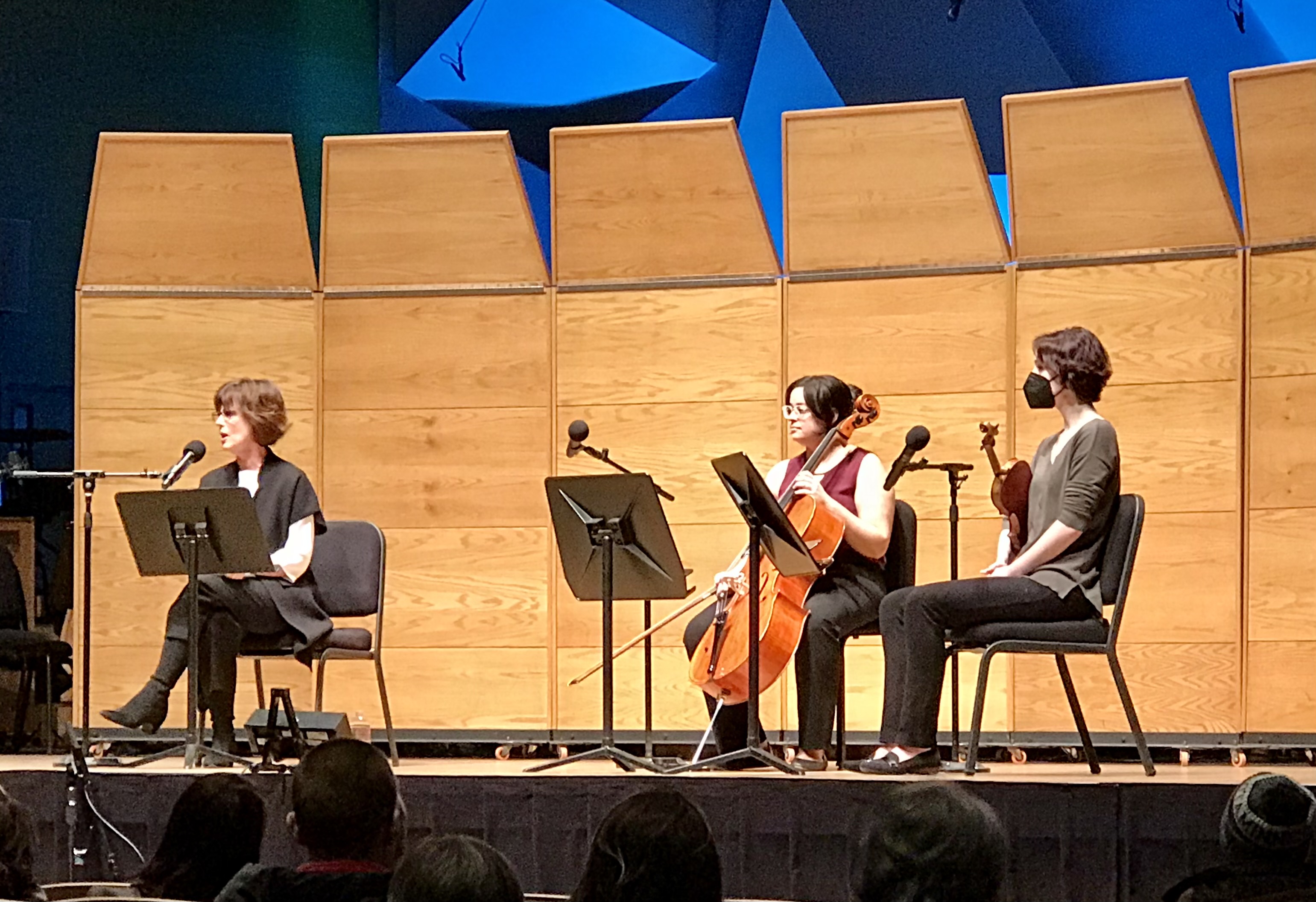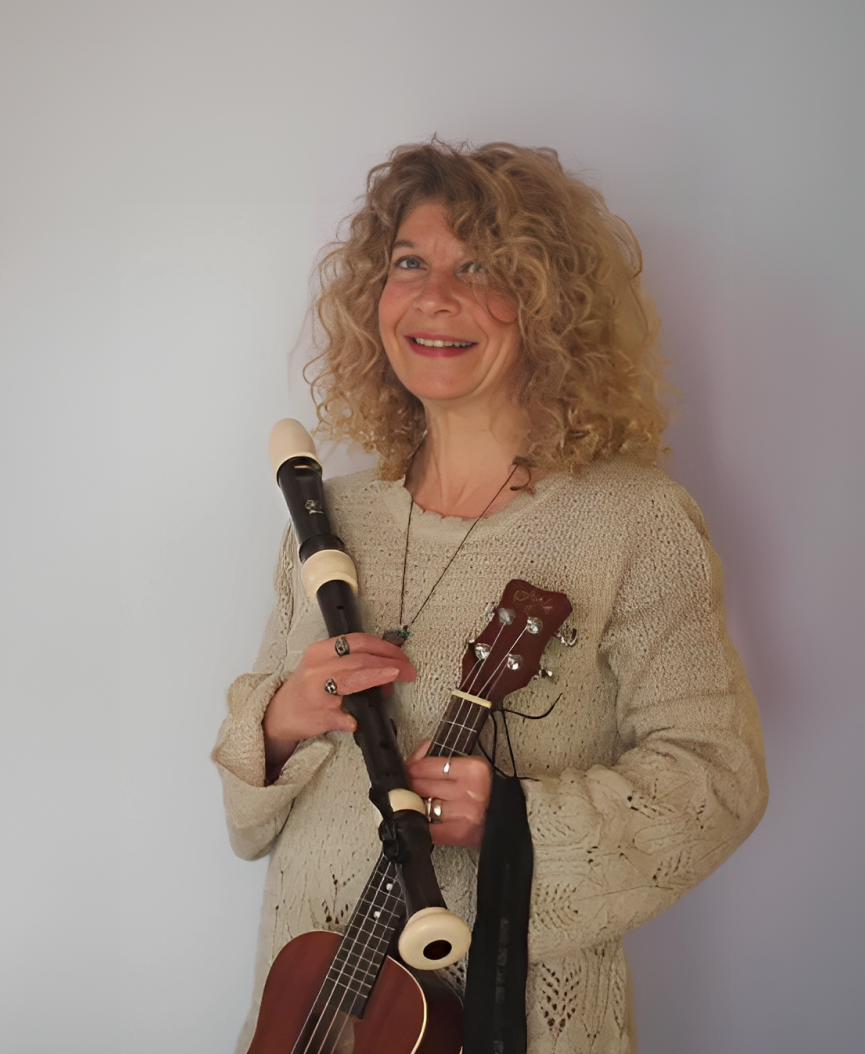Peacemaker. Facilitator. Restorative justice pioneer.
Writer, researcher, speaker. Professor, mentor, and “social worker to the core”: Mark Umbreit embodies all these roles and more. He does it with a warm, low-key demeanor that belies his international influence in the field he helped nurture.
June 15, 2023
Susan Maas
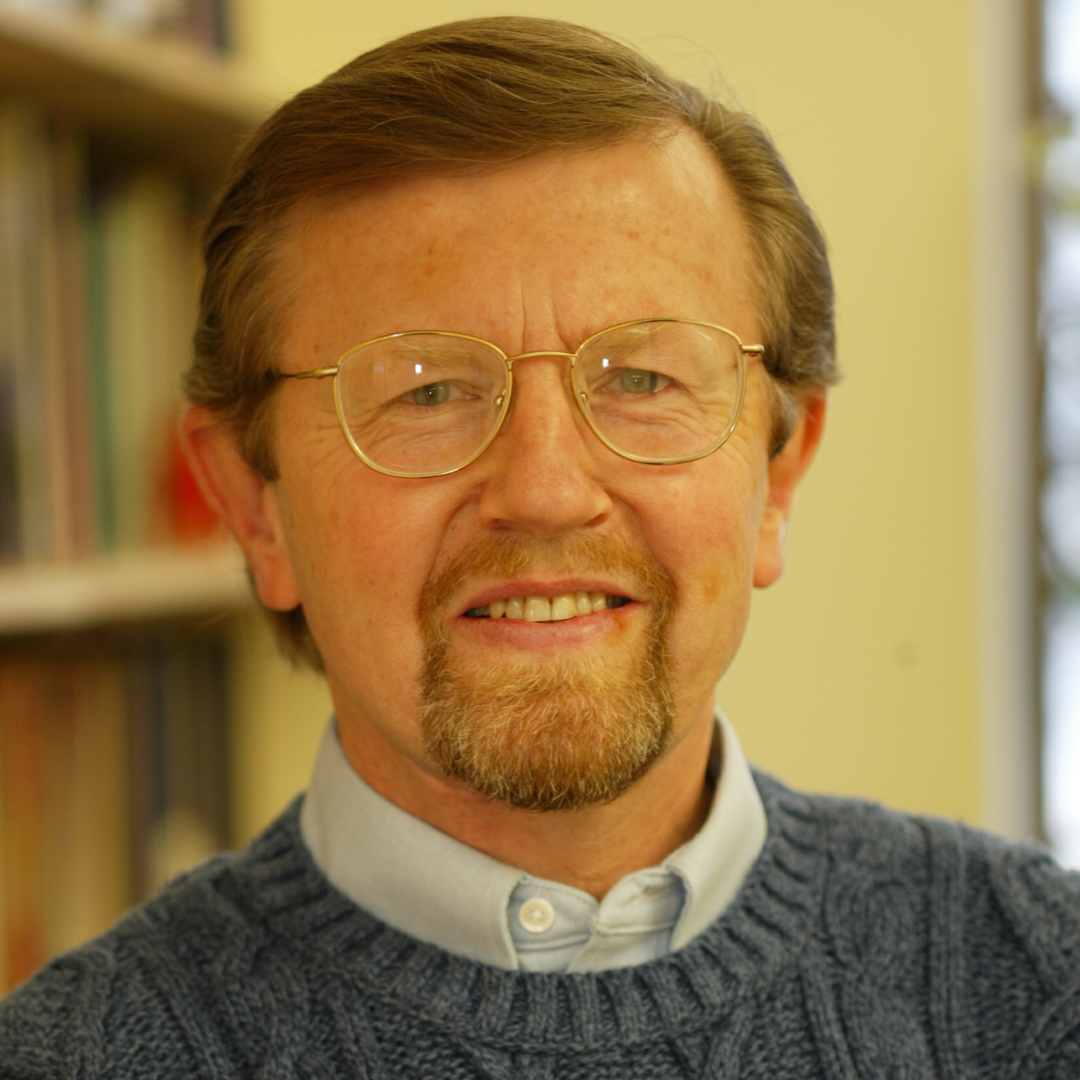
He’s been a central figure at the Bakken Center for Spirituality & Healing since its inception. While Umbreit—now professor emeritus; he formally retired in 2022—always called the School of Social Work home, he was part of a multidisciplinary group convened by Center founder and director, Dr. Mary Jo Kreitzer.
“Although I’m grounded in the School of Social Work, I’ve actually taught more courses in the Center,” Umbreit says.
Umbreit’s courses, Peacebuilding Through Mindfulness Practice and Forgiveness & Healing, are perennial favorites; over the decades, they’ve shaped the perspectives and work of hundreds of Center students. Mindfulness and forgiveness are perhaps the two most central themes of Umbreit’s work and his life.
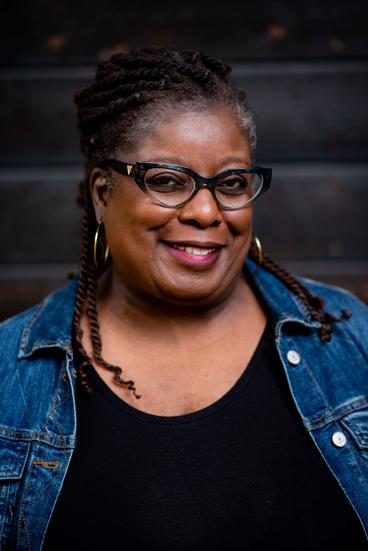
Sheryl Wilson, a former student of Umbreit’s who serves as executive director of the Kansas Institute for Peace and Conflict Resolution, credits Umbreit with inspiring her career path over two decades ago, and she expresses gratitude for his ongoing friendship and support. Umbreit’s classes “are where the light bulb came on as far as what I wanted to do both in my work, and in the way I wanted to live my life,” Wilson says.
The once-aspiring minister—Umbreit earned a full scholarship to seminary, which he attended for a time before realizing it felt “irrelevant” to him amid the Vietnam War and Civil Rights movement—is widely considered a trailblazer in restorative justice. That movement emerged in Canada in the early 1970s, as his career was beginning. As a young community organizer, Umbreit helped a diverse coalition of community members, including former felons, create a halfway house in Michigan City, Indiana, for men newly released from the Indiana State Prison: at the time, a radical endeavor. That led directly to a related effort: helping build a victims’ assistance program.
While Umbreit initially thought of himself as solely an advocate for prisoners, ex-felons, and others who had done harm, he quickly realized that those who had been harmed had to play a key role in reshaping a retributive justice system. Along the way, he also experienced a burglary, an assault, a threat on his life, and a friend of his was kidnapped and raped. “My rose colored glasses got [removed] real quickly,” Umbreit recalls. “I’ve been very closely in touch with the reality of working with people who’ve been traumatized in life.” More recently, and far more painful, he supported his adult daughter from afar in the wake of her violent assault in Italy.
Embracing ‘the F word’
Umbreit jokes that forgiveness was often referred to as “the ‘F’ word” early in his career. “People who’ve been harmed, and who have a legitimate right to anger, the last thing in the world you want to do with them is talk forgiveness,” he says. It was his close friend Mary Johnson, a Minneapolis mother who eventually made peace with the young man who murdered her son in 1992, who first suggested to Umbreit that he teach a course on forgiveness. Johnson’s story, and that of Oshea Israel—whom she befriended while visiting him in prison after he killed her son as a teen—is featured in the award-winning 2018 documentary “Risking Light,” in which Umbreit appears and for which he served as a consultant.
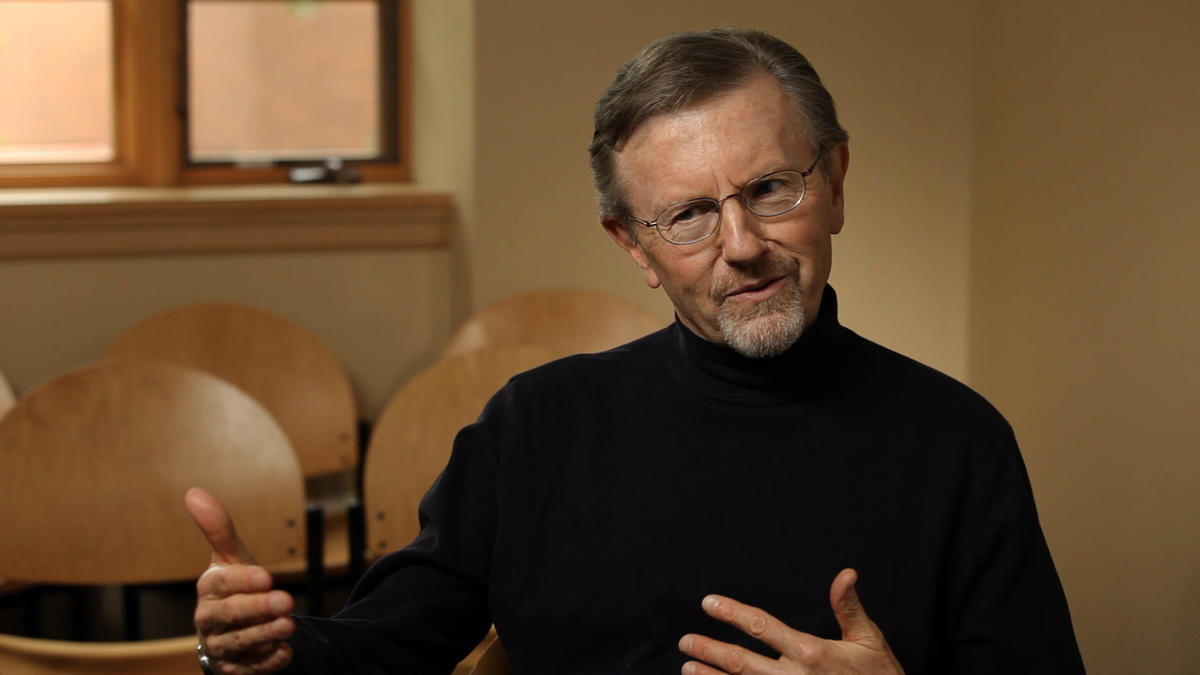
In restorative justice contexts, Umbreit is careful to never press his own agenda on people who’ve been harmed. “I never bring it up – have you thought of forgiveness?” he says. “I never push that on people. It cannot be imposed.”
Umbreit was the founding director of the SSW’s Center for Restorative Justice & Peacemaking. Today the Center is housed at the University of Minnesota-Duluth campus. He also teaches at Marquette University’s law school in the Andrew Center for Restorative Justice.
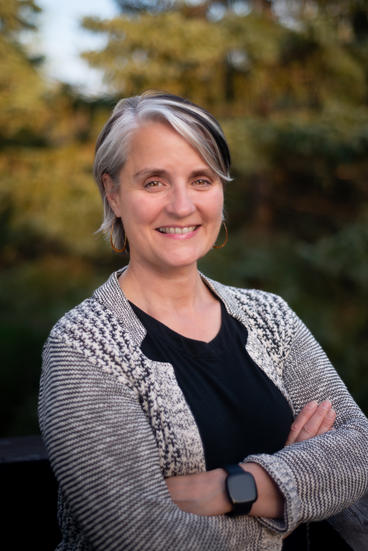
Here at the University, Michelle Lamere, assistant director for education at the University of Minnesota’s Clinical and Translational Science Institute, took her first CSPH class with Umbreit as a public affairs master’s student at the Humphrey School. Like Wilson, she says Umbreit had a profound influence on her professional path. He embodies the concepts he teaches, Lamere says.
“He has the most amazing healing presence. He’s an incredibly calm and kind guy with a very quiet [sense of] humor,” she says. Umbreit is “so quiet and unassuming that I’m not sure people recognize what a big deal he is.”
A key aspect of Umbreit’s approach is what he calls “deep compassionate listening,” he says. “The core principle of Native Hawaiian emotional, physical, and spiritual healing, which I learned from an elder in Hawaii years ago, [is] Pa’a ka waha. It means ‘close the mouth, be still.’ That’s integrated into my teaching and to how I listen to people.”
Grounded in real-life experience
He’s no cloistered theorist: Umbreit’s teaching and research are informed by the work he’s done outside academia over the decades. That has included peacebuilding efforts in Israel, Palestine, Northern Ireland, Brazil, Liberia, Japan, and dozens of other countries around the globe—almost always by invitation. From 2005 to 2012 he served as a senior international consultant with the UN Development Program and the Ministry of Justice in Turkey, supporting legislative efforts to implement victim-offender mediation.
“I have always had one foot in academia and one foot in practice. I call it grounded teaching,” Umbreit says. “It’s teaching that’s grounded from real-life experience. You might know a lot of stuff, you might have read a lot of things, but you don’t know sh*t in terms of the specific people, their culture, and life context” without that experience, he says. “And I think I’m a better researcher because of my life experience.”
As it does for all human beings, that’s sometimes included being hurt. And hurting others, albeit inadvertently. “I have realized that I have done harm. And I have been traumatized. Of course, with no intent whatsoever. It’s been messy—it’s not all just the beautiful stuff.”
Ultimately, Umbreit’s work is inseparable from his humanity—and that’s a big part of why he’s affected so many people so deeply, says Ph.D. candidate Jake Otis, who is Umbreit’s teaching and research assistant. Otis is also engaged in the ongoing, Herculean task of poring through, distilling, and compiling both Umbreit’s video archives and his various writings: a process that has deepened Otis’s appreciation for Umbreit.
“He’s the mindfulness guy in the movement, in terms of bringing in a deeper level of being present with people. And he’s the most self-aware, the most in control of his ego . . . I really, really respect Mark. I’m honored to call him a role model.”
